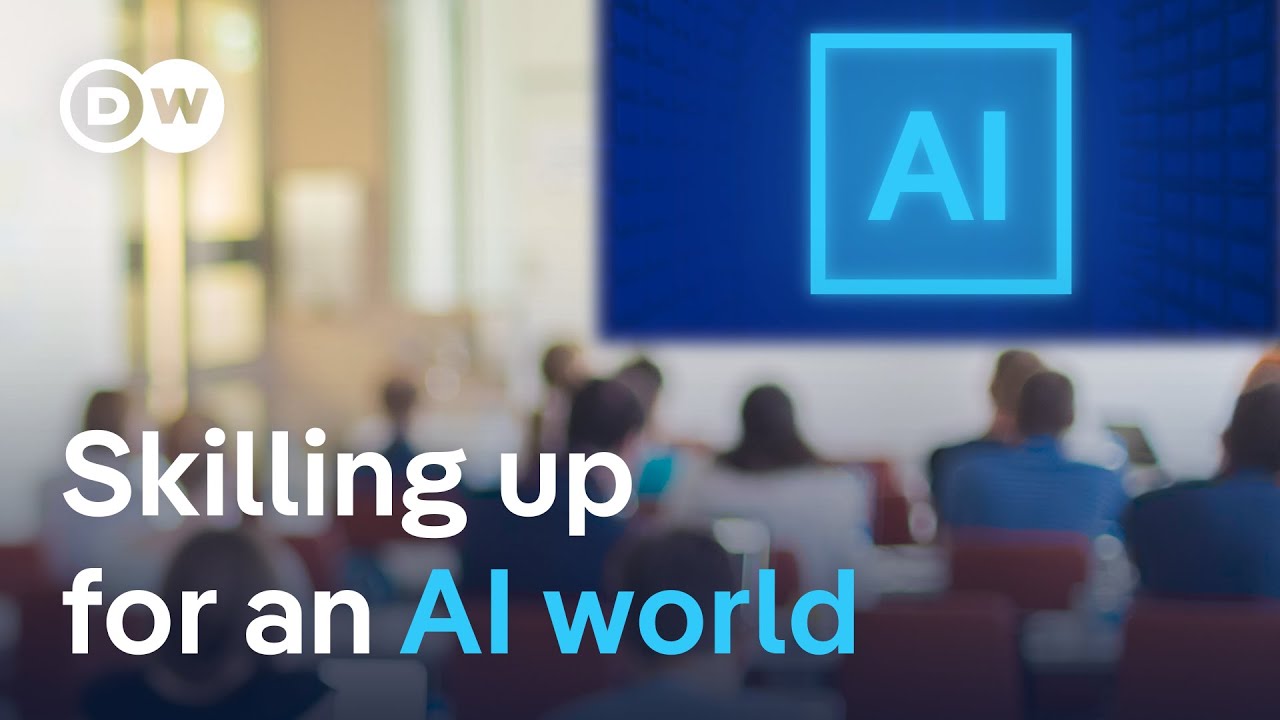The video features an interview with Suhas Gopinath, CEO of a software company from India, discussing the opportunities and challenges of AI in business, emphasizing the importance of partnerships and collaboration. Gopinath highlights the need for reskilling and upskilling in countries like India and China to address the employment needs brought about by technological advancements, advocating for industry collaboration and sharing successful strategies.
The video features an interview with Suhas Gopinath, the CEO of a software company from India, discussing business opportunities and challenges in the context of AI and reskilling. Gopinath highlights the importance of understanding and exploring China’s innovation scene, especially post-pandemic. He emphasizes the significance of partnerships and collaborations in building successful AI companies, mentioning China’s advanced position in AI technology.
Gopinath discusses the geoeconomic tensions between countries like India, China, the US, and Europe, noting the importance of trade and collaboration despite political differences. He stresses the need for businesses to focus on economic growth and partnerships rather than being hindered by geopolitical issues. Gopinath acknowledges the interdependency between countries like India and China, particularly in terms of trade relationships.
The conversation shifts towards knowledge transfer and the challenges of partnering with Chinese companies in AI and cybersecurity. Gopinath acknowledges that there may be concerns about sharing too much information initially but underscores the importance of finding a balance in partnerships to avoid discomfort. He mentions the need for careful progression in partnerships to build trust and collaboration effectively.
Gopinath then delves into the critical topic of reskilling and upskilling in countries like India and China. He highlights the challenge of unemployed individuals due to technological advancements surpassing academia’s ability to keep up. Gopinath stresses the importance of industry collaboration in bridging the gap between required skills and academic curriculum, advocating for continuous reskilling to adapt to evolving job markets.
In conclusion, Gopinath predicts that future jobs and reskilling will be core topics of discussion at events like the World Economic Forum. He emphasizes the universal challenge of addressing skill gaps and employment needs, calling for openness and collaboration between countries to share successful strategies. Gopinath expresses hope for countries like China and India to exchange solutions and adapt them to their specific contexts to address the challenges of reskilling and upskilling their workforce effectively.
